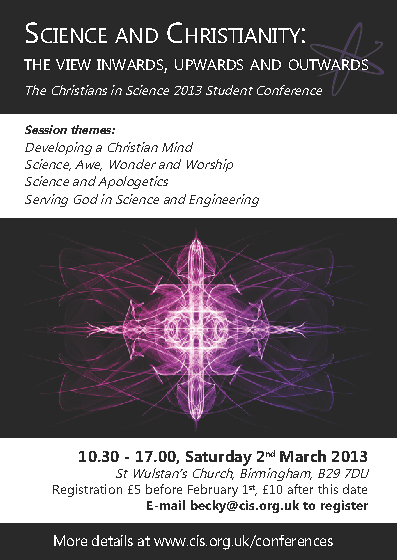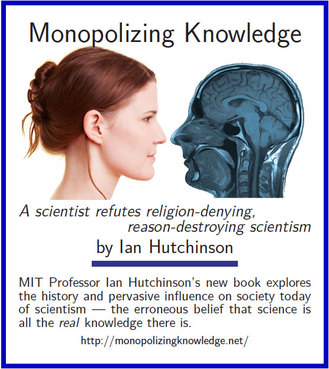Choosing How We Church in the Digital Age
by Gavin Merrifield
We’ve all been there. Something we see on television or read on the web misunderstands Christian beliefs and our blood begins to boil. That’s ridiculous, we say, how dare they, how could they get that so wrong?! Something must be done! So we tweet our outrage; we let people know via Facebook status how annoyed we are—and a handful of us might even write a few indignant paragraphs onto a blog. Job done. Jesus has been defended, and we can rest easy knowing that we have done our part. Until somebody tweets back … or comments on our blog posting … and we … It’s all a little too easy these days, isn’t it? To confuse quick reaction with considered response or to mistake digital finger-pointing for true discourse. The electronic pixels of our computer screens inscribed with our momentary musings bring us a sense of righteousness. But it is illusionary. What have we really accomplished that matters? We live in an amazing age. We are living through a period of human history that we quite rightly call the Information Revolution. In the last few decades, information technology (computers, the internet, digital television, etc.), has transformed the distribution of knowledge from primarily printed paper into a wide variety of electronic formats. Television and radio enable up-to-the-minute news events to be beamed directly into people’s homes. Networked computers and digital storage give us fast access to vast amounts of information on demand. Everybody now has the ability to dispense their own thoughts for consumption by others on a scale and at a speed unlike anything seen before. Our civilization is being transformed by this latest revolution. This includes both the church and individual Christians. Depending on how we handle it, this change could be either helpful or hurtful to ourselves and to the Christian faith at large. In the history of the church, this kind of information explosion has happened once before: when the printing press was invented in 15th-century Europe. Being able to distribute ideas broadly and quickly arguably catalyzed the Scientific and Industrial Revolutions, which have given us much of the comfort and technology we take for granted today. So many wonderful technologies—from motorcars to electricity to increased food yields—can be traced back to that great information revolution. Although its historical impacts are still not fully understood, the printing press also played a vital role in the Reformation period of the church. It enabled the rapid emergence and subsequent diversification of the Protestant church (which is continuing to this day)! Whether or not we agree that this was a worthwhile change is immaterial. It happened, and the change was driven in a large part by the accelerated sharing and learning of new ideas across the planet. Today, with our new diversity of websites, digital TV channels, social media, and more, what kind of long-lasting impacts might we expect in society and in the church? Our technology has made it too easy to be part of a familiar group in a rapidly changing world—no matter where we live or what we believe. The instant availability of like-minded online communities is reassuring to many. But it keeps us from having to conform and consider outside points of view, because online, we don’t have to interact meaningfully with anyone who challenges our beliefs. This makes it startlingly easy to place ourselves at war with everything that we perceive as coming from ‘outside’ our increasingly polarized points of view. And that’s a problem. While we all know not to believe everything we see on the internet, and to take some of the things we read with a pinch of salt, the sheer volume of information we now have access to can be overwhelming in itself. It doesn’t help that much of that information (online or offline) is already polarized to one strident opinion or the other. An argumentative internet forum or quick comments box is hardly the place for considerate engagement. Anyone who has ever participated in an online discussion will be familiar with how quickly such discussions can descend into mud slinging and personal attacks. The anonymity these forums provide allows the worst aspects of human reactiveness to emerge. Christians are not immune to participating in that kind of thing; often we are the worst perpetrators! Too often, rather than dig deeper into a topic we find problematic, many of us find it easier to simply take what we perceive to be the ‘Christian’ opinion—about science, the Bible, our culture, etc.—and simply ignore the perceived non-Christian opinion. Loyalty to Christ is good, but loyalty without discernment to an idea solely because it labels itself “Christian” is not so good. In the age of Christianity online, what can we do to remedy the polarization of our communities? Firstly, we can choose not to rely so much on what we consume through easy-access media. Careful prayer and consideration are far more vital to forming righteous habits and beliefs. Secondly, we can intentionally seek out Christians who hold different opinions from our own, and take time to find out why they do so. We don’t have to agree with them at the end of the day, but humbling ourselves to learn how others have fashioned their worldview can only help to increase the amount of patience and understanding in our fast-moving, impatient world. When it comes to more technical matters, such as deciphering complex scientific or theological questions, we can seek out and compare the opinions of practicing scientists and theologians who have made thinking about such matters their on-going profession. Finding out why they think what they do can help us think for ourselves (rather than take one opinion over the other on the authority of a single priest or community). Information technology can and has had a clear impact on the shaping of our individual beliefs and our churches. Like any technology, modern means of spreading information and communication are neither good nor bad in themselves. While we must not fear them, we must be ever cautious in our discernment of the content we receive through them, and we must remember to puts things in perspective. Instead of allowing new technologies to create ever more isolationist forms of Christianity, we need to deliberately steer ourselves back toward a path of consideration and virtue balanced with healthy theological doctrine. We can healthily use new technologies to spread and understand the gospel, but we must do so exercising the same wisdom and patience that we, as believers, have always been called to: “My dear brothers and sisters, take note of this: Everyone should be quick to listen, slow to speak and slow to become angry, because human anger does not produce the righteousness that God desires.” James 1:19–20 |







